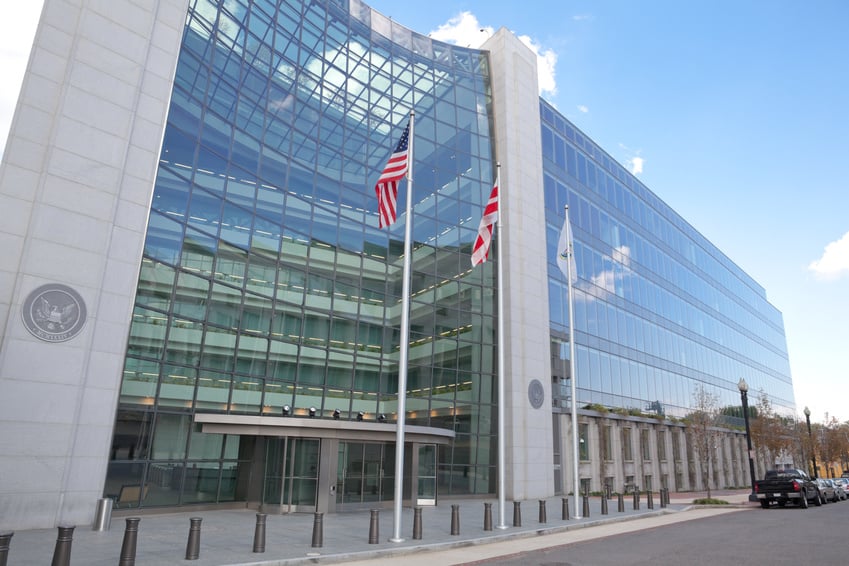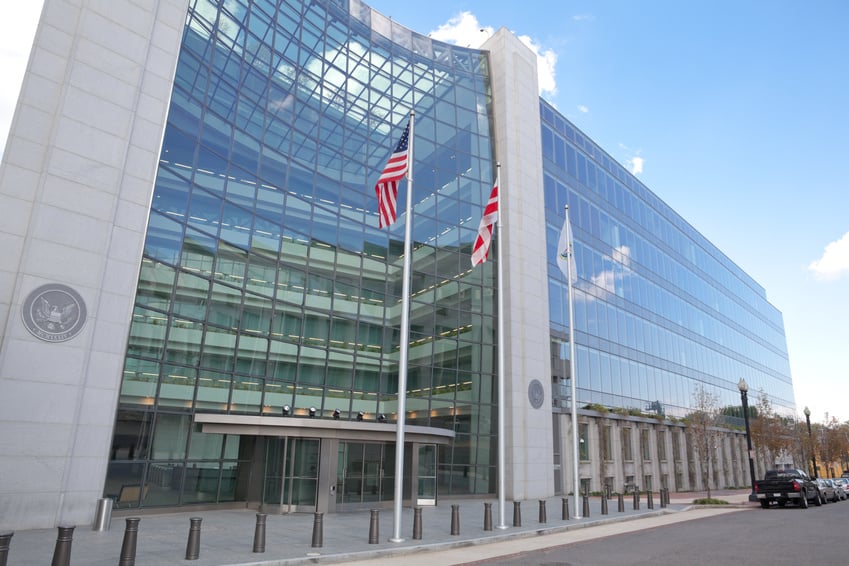Acting with other US regulators, the Commodities Futures Trading Commission (“CFTC” or “Commission”) recently issued two consent orders (“CFTC Orders”) and filed a complaint (“CFTC Complaint”) alleging fraud and false, misleading, or inaccurate reports relating to voluntary carbon credits (“VCCs”). As noted by CFTC Director of Enforcement Ian McGinley, “[these actions] demonstrate [the CFTC’s] commitment to vigorously fight frauds in its markets, whether long-established or new and evolving, such as the carbon credit markets.” These are the first CFTC actions for fraud in the VCC market, and closely follow the CFTC’s recently published final Commission Guidance Regarding the Listing of Voluntary Carbon Credit Derivative Contracts (“Final Guidance”).
Baker McKenzie’s Global Financial Services Regulatory Guide has been fully revised for 2024 and covers 35+ jurisdictions worldwide, making it our most expansive edition to date. The Guide acts as a quick reference tool when distributing financial products and offering services into new markets, providing a comprehensive summary of regulations applicable to banks and other financial services companies around the world. This expanded edition includes the rapidly growing area of cryptoassets, AML and CFT supervisors, and the extension of regulation to critical third-party outsourcers. Given the pace of regulatory change in this domain, staying informed is critical for market participants. Baker McKenzie is exceptionally well-positioned to simplify the complexity and provide expert guidance.
On 5 June 2024, the United States Court of Appeals for the Fifth Circuit vacated the Private Fund Adviser rule (“Rule”) in its entirety on the grounds that the SEC, in enacting the Rule, had exceeded its statutory authority. The Rule was adopted by the SEC in August 2023 and would have fundamentally changed the regulatory landscape for private equity funds and their investors. The outcome was somewhat unexpected as in oral arguments the petitioners only directly challenged three of the five provisions that make-up the Rule and there was significant discussion as to whether the five provisions of the Rule should be considered a single rule or if the five provisions should be considered separately.
On 17 January 2024, the International Swaps and Derivatives Association, Inc. (ISDA) launched a new clause library – this time for sustainability-linked derivatives (SLDs) – that sets out template contractual terms and related definitions for SLD transactions. The SLD Clause Library introduces standardized provisions for SLDs to meet the growing market demand for derivatives products linked to environmental, social and governance (ESG) goals, enhancing the commercial viability of SLDs as an effective financial tool to facilitate the delivery of sustainable initiatives.
The last thirty days in September, the end of the US federal government’s fiscal year, is generally an important time to analyze enforcement activity by the US Securities and Exchange Commission and the US Commodity Futures Trading Commission. In this short video, Baker McKenzie Partner Peter Chan, a former SEC Assistant Director of Enforcement, provides his insights regarding the importance of the timing of some of these enforcement actions.
In this update, we take high-level review of major issues faced by private fund managers investing across the globe. In August and September, private fund managers with U.S. investors faced the broadest expansion of SEC regulation since Dodd-Frank, while European managers worked through the details of ESG reporting. Enforcement continued to be laser-focused on digital assets (but courts didn’t always agree with them), Finfluencers, custody and marketing, while new employment and privacy requirements raised unique issues for asset managers.
After nearly 18 months of consideration, the SEC has finalized its Private Fund Adviser Rule. The Rule represents the most significant shift in SEC regulation of private funds since the implementation of Dodd-Frank, and its wide-ranging requirements will affect both US and Non-US Fund Managers (including many entities previously exempt from SEC regulation).
To close out 2022, US states passed a range of rules broadly applicable to all businesses, while global regulators took steps to regulate ESG and crypto-assets comprehensively. While the digital asset industry bore the brunt of enforcement, regulators will give private equity, real estate and hedge fund managers much to think about in 2023.







